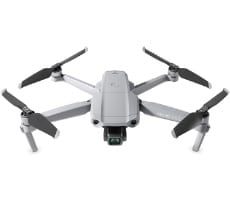ASUS MeMO Pad Smart 10, VivoTab Smart Compared
This benchmark tests the core JavaScript language only, not the DOM or other browser APIs. It is designed to compare different versions of the same browser, and different browsers to each other. Unlike many widely available JavaScript benchmarks, this test is:
Real World - This test mostly avoids microbenchmarks, and tries to focus on the kinds of actual problems developers solve with JavaScript today, and the problems they may want to tackle in the future as the language gets faster. This includes tests to generate a tagcloud from JSON input, a 3D raytracer, cryptography tests, code decompression, and many more examples. There are a few microbenchmarkish things, but they mostly represent real performance problems that developers have encountered.
Balanced - This test is balanced between different areas of the language and different types of code. It's not all math, all string processing, or all timing simple loops. In addition to having tests in many categories, the individual tests were balanced to take similar amounts of time on currently shipping versions of popular browsers.
Statistically Sound - One of the challenges of benchmarking is knowing how much noise you have in your measurements. This benchmark runs each test multiple times and determines an error range (technically, a 95% confidence interval). In addition, in comparison mode it tells you if you have enough data to determine if the difference is statistically significant.
|

Whereas the ARM-based tablets ruled the graphics benchmarks, Windows-based slates dominate JavaScript and web browsing. The VivoTab Smart posted the best score of the bunch, besting even Microsoft's Surface RT, which is an ARM-based tablet but running a special version of Windows. The MeMO Pad Smart 10, meanwhile, posted the second slowest score.
|








